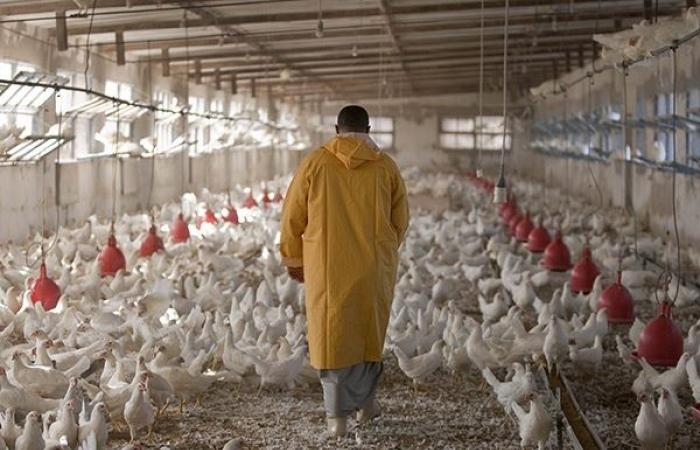The Senegalese poultry industry is going through an unprecedented crisis, marked by a surge in the prices of chicks and hatching eggs. This situation, which jeopardizes access to poultry products for households, raises concerns about the country’s food security and sovereignty.
The poultry industry in Senegal is based on an inter-professional association made up of several colleges: hatchers, feeders, producers and service providers. This industry produces between 70 and 90 million chicks per year. But it faces major structural challenges
Hatcheries, for example, are divided into several categories according to their supply methods: some have local breeders, while others import their hatching eggs. The prices of these eggs, which have exploded in recent years, today reach 350,000 CFA francs per carton, compared to 250,000 CFA francs not long ago. This increase has a direct impact on the cost of chicks, which can reach 27,500 CFA francs per box of 50.
This surge in prices seriously affects households and small breeders, who represent the majority of players in the sector. The often precarious breeding conditions and recurring health problems amplify their difficulties. Periods of cold, coupled with the spread of avian diseases, further aggravate their vulnerability.
As a result, households are seeing their access to poultry products — an important source of protein — restricted, thus accentuating food insecurity. This situation also constitutes a threat to food sovereignty, with Senegal remaining dependent on imports for part of its hatching eggs.
Faced with this crisis, efforts are underway to clean up and structure the sector. The government is committed to supporting hatcheries with spot credits, in particular to increase their production capacity. However, cleaning up the sector also requires better regulation of stakeholders, strengthening health standards and technical support for small breeders.
Furthermore, initiatives aim to achieve self-sufficiency in hatching eggs in the years to come. This project, supported by the Ministry of Agriculture, Food Sovereignty and Livestock, is seen as a sustainable solution to stabilize prices and reduce dependence on international markets.
The poultry industry is an essential pillar of the Senegalese agricultural economy and a crucial vector of food security. The current crisis highlights the weaknesses of the sector, but also the urgency of acting to preserve its future. The current reforms must be accompanied by a sustained commitment from public and private actors in order to guarantee sustainable poultry production that is accessible to all Senegalese people.






